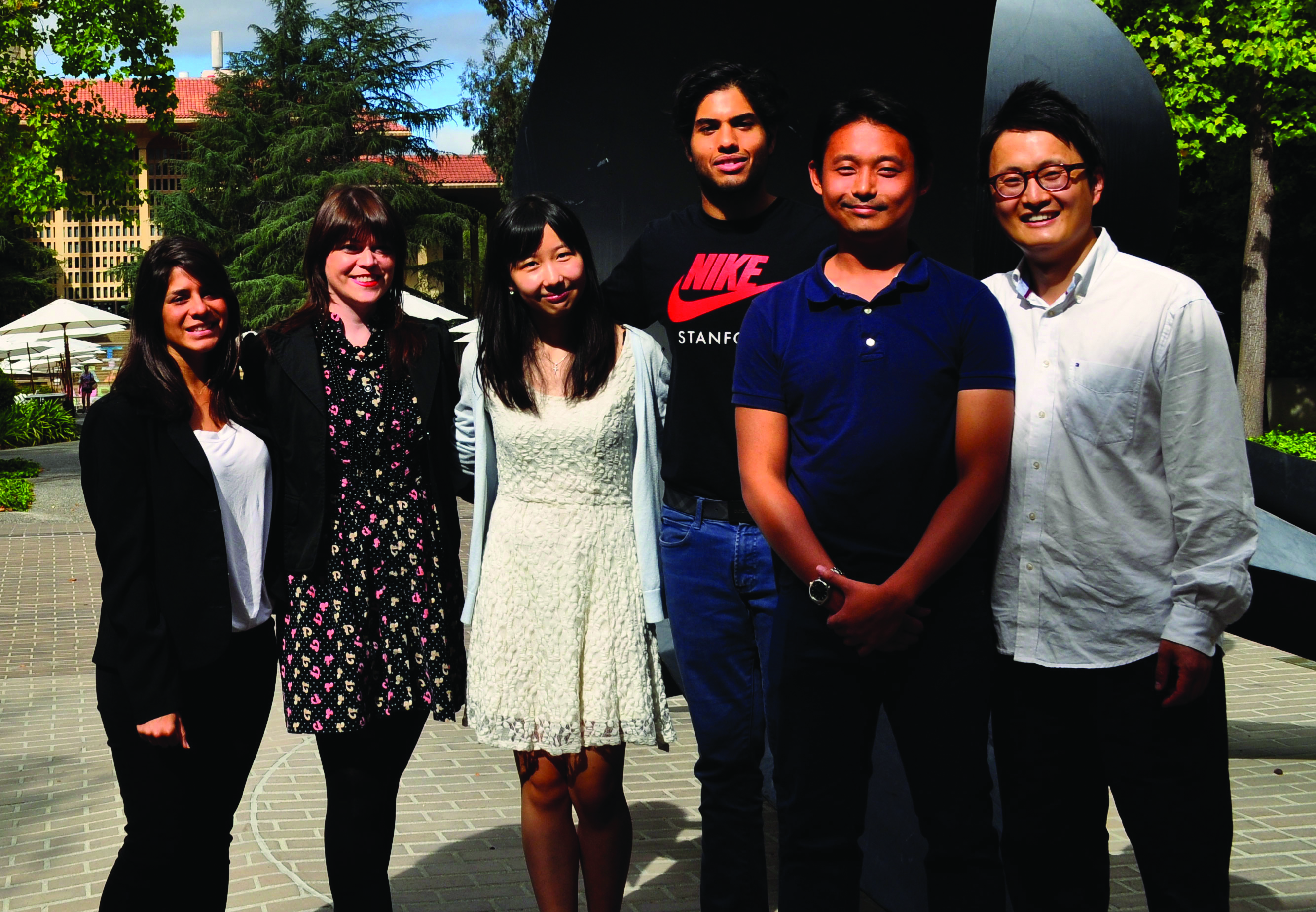Stanford Law School’s New Environmental Law & Policy LLM Program

Environmental lawyers from around the globe are coming back to school to study at Stanford Law School in a newly launched Environmental Law & Policy LLM (master of laws) Program. Directed by Barton H. “Buzz” Thompson Jr., JD/MBA ’76 (BA ’72), this highly specialized one-year program is open to lawyers with a law degree from outside the United States and relevant work experience. Teaching in the program are faculty at the forefront of research in environmental and energy law. Margaret “Meg” Caldwell, JD ’85, senior lecturer in law, director of the Environmental and Natural Resources Law & Policy Program, and executive director of the Center for Ocean Solutions at the Woods Institute for the Environment, is an expert on international marine and land-use issues; Daniel Reicher, JD ’83, professor of the practice of law, is the executive director of the Steyer-Taylor Center for Energy Policy and Finance and one of the nation’s foremost experts on energy issues; Michael Wara, JD ’06, associate professor of law and the Justin M. Roach, Jr. Faculty Scholar, specializes in energy and climate issues; Robert Rabin, A. Calder Mackay Professor of Law, focuses on toxic harms; Thompson, the Robert E. Paradise Professor of Natural Resources Law, is the Perry L. McCarty Director of the Stanford Woods Institute for the Environment and a leading expert in environmental and natural resources law and policy.
The curriculum offers students a variety of courses relevant to environmental challenges at the local, national, and global levels, including Environmental Law and Policy, Water Law and Policy, International Environmental Law, Energy Law, Land Use, Natural Resources Law, and California Coast: Science, Policy and Law. The program includes an Environmental Law Colloquium, where students examine the theoretical frameworks underlying environmental regulations and engage in policy discussions on present-day global issues. Students can also take classes throughout the university and interact with students and faculty interested in environmental issues across campus and disciplines, including the Stanford Woods Institute for the Environment and the Precourt Institute for Energy.
The inaugural class includes students from Brazil, Canada, China, Korea, and the Philippines, with backgrounds in the public sector, private practice, and academia. They are taking full advantage of classes at the law school as well as enrolling in classes on clean tech, electric cars, and other subjects in Stanford’s business and engineering schools, building their transnational expertise and becoming part of an international community of environmental attorneys and scholars who have studied at Stanford. SL
